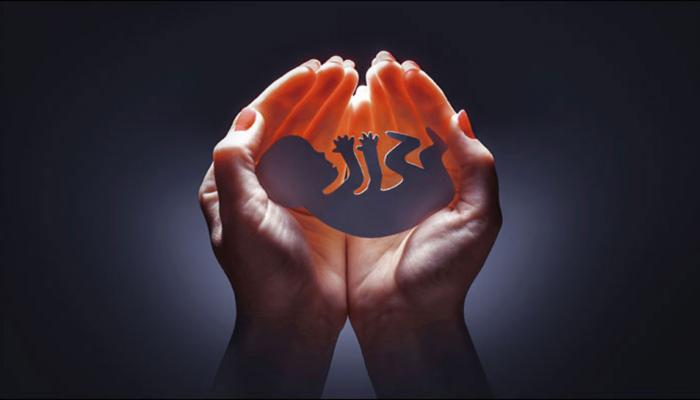Abortion in India: One in three pregnancies gets terminated
According to the study published in the noted medical journal Lancet, India recorded around 15.6 million abortions in 2015.
Trending Photos
) (Representational image)
(Representational image) New Delhi: Gender identification of an unborn baby is frowned upon in India, compelling authorities to set up strict laws forbidding it.
Since it leads to female foeticide, a practice that involves aborting the baby, the process of gender identification has been long since prohibited.
However, the results of the country’s first large-scale study on abortions and unintended pregnancies that accounted for 2015 data has revealed that one in three of 48.1 million pregnancies in India ended in an abortion.
According to the study published in the noted medical journal Lancet, India recorded around 15.6 million abortions in 2015.
Nearly half (48%) of the pregnancies were unintended and 0.8 million women used unsafe methods for an abortion, putting their health and lives at risk.
The most popular method used for abortion was abortion pills, which totaled up to 12.7 million or 81% of all abortions, while surgical terminations of pregnancy was at 2.2 million.
Around 22% or 3.4 million abortions were done in public health facilities. But 11.5 million or 73% were medication abortions done outside health facilities and 0.8 million were conducted by informal providers.
In a comparison of the statistics, India’s abortion rate of 47 per 1,000 women aged between 15 and 49 years is lower than Pakistan’s 50 and higher than Nepal and Bangladesh, whose figures are 42 and 39 respectively.
India has a strict anti-abortion law that prohibits termination of foetuses above 20 weeks, except when the mother’s life is at risk.
Surgical abortion can be performed only by trained, certified doctors in registered facilities, while pills to abort foetuses up to seven-weeks-old can be prescribed outside registered hospitals.
Medical methods using WHO-recommended combinations of mifepristone and misoprostol account for four in five abortions in India.
The draft bill for the Medical Termination of Pregnancy Act, 2014, proposes relaxing the upper limit of legal abortion from 20 to 24 weeks for “vulnerable” groups and permitting trained healthcare personnel, including midwives and Ayush doctors, to offer medical methods of abortion for pregnancies up to seven weeks.
Women resort to seeking help from untrained pharmacists, chemists and informal vendors due to the dearth of safe and legal abortion services.
Stay informed on all the latest news, real-time breaking news updates, and follow all the important headlines in india news and world News on Zee News.
Live Tv







)
)
)
)
)
)
)
)
)
)
